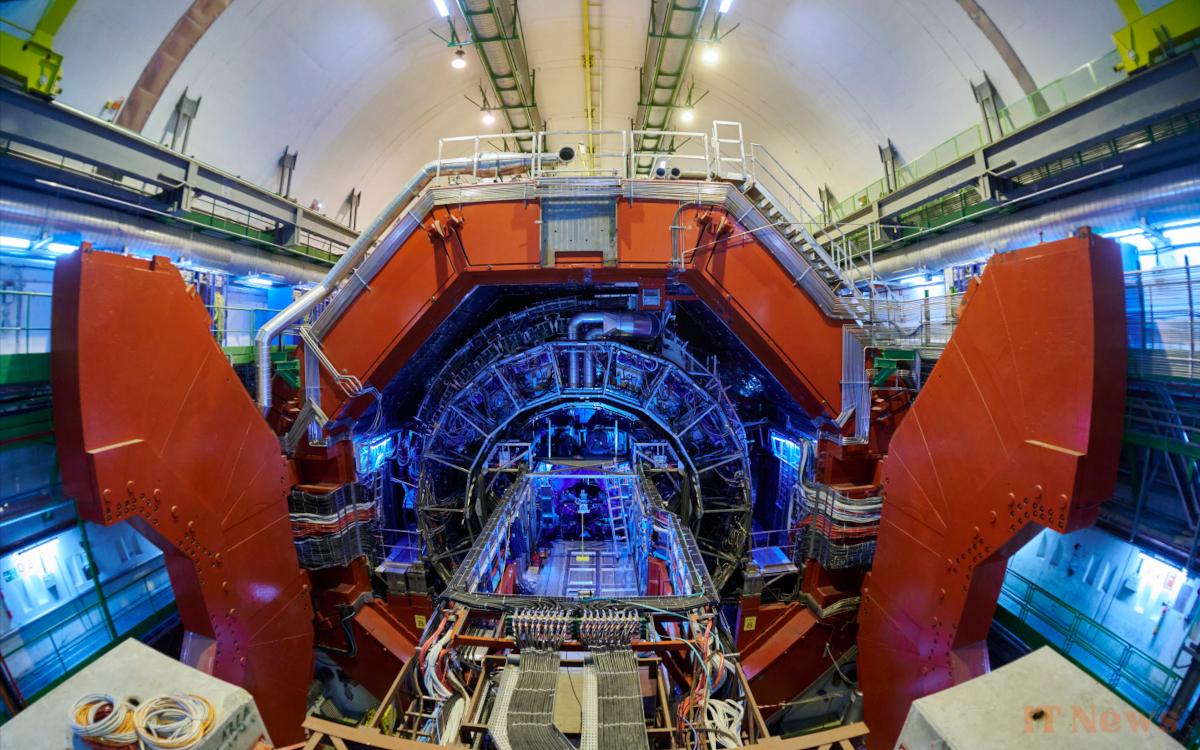What alchemists have been trying for centuries has become reality at the heart of the world's largest particle accelerator. A team of researchers has succeeded in transforming lead into gold thanks to a rare phenomenon. But this scientific feat hides much more than a simple curiosity.
Transforming lead into gold has long been an alchemist's dream. Today, this fantasy is becoming reality, not by magic, but thanks to modern physics. This transmutation was observed at CERN, in Switzerland. The Large Hadron Collider (LHC), the world's most powerful particle accelerator, has already helped discover the Higgs boson, study the origin of mass, and search for signs of dark matter. This time, it enabled a true scientific feat.
Unlike traditional head-on collision experiments, the creation of gold from lead occurred during a “near contact” between two atomic nuclei of this heavy chemical element launched at a speed close to that of light. When they pass very close to each other, they generate an electromagnetic field so intense that it can trigger unexpected reactions. This is how a lead atom lost three protons, becoming briefly... a gold atom.
Billions of gold atoms were created in a few seconds thanks to the LHC
This phenomenon, called electromagnetic dissociation, was observed by the ALICE project, one of the LHC's major instruments. In a few seconds, up to 89,000 gold nuclei can be generated. Between 2015 and 2018, approximately 86 billion atoms of this precious metal were produced. But there's no point in hoping to recover them: they weigh only 29 picograms in total and disintegrate immediately upon hitting the walls of the accelerator.
While this spectacular transformation doesn't produce gold in usable quantities, it represents an important step forward for nuclear physics. Observing this type of reaction in detail allows researchers to adjust their theoretical models and better understand the technical limits of the LHC. This data is also crucial for anticipating energy losses in future particle accelerators. Each detected event improves the precision of future experiments, in a field where the infinitely small reveals the fundamental laws of the universe.




0 Comments